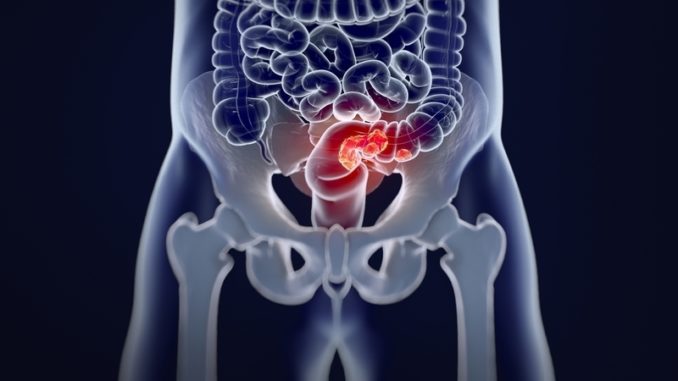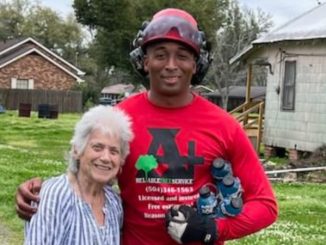
According to Dr. Ryan Griffin, a hematologist and oncologist at St. Charles Parish Hospital, there will be an estimated 2,400 new cases of colon cancer diagnosed in Louisiana in 2020.
“Death from colon cancer is the third leading cause of cancer-related death in the United States,” Griffin said. “Louisiana residents, for a variety of reasons, including lifestyle choice and socioeconomic reasons, have higher rates of obesity, alcohol use and meat-rich diets. These things likely lead to an increased risk for colon cancer in Louisiana residents.”
Traditionally, the standard guidelines recommend men and women get their first colon screening at age 50 and then once every 10 years, but there are exceptions.
“Certain people have been recommended to start screening earlier at the age of 45, including African-American men and women,” Griffin said. “Also, patients who have a first-degree relative with colon cancer should get a screening colonoscopy at the age of 40 or 10 years before the age when the first degree relative was diagnosed – whichever is earlier.”

A common misconception about colon cancer is that only middle-aged or elderly people get it, Griffin said.
According to a study by the American Cancer Society, young adults born in 1990 have double the risk for colon cancer and four times the risk for rectal cancer compare to people born in 1950. While the combined age rate of colorectal cancer diagnoses has dropped since the ‘80s, the rate for diagnosis in adults under 50 has increased.
The study added that while it is unclear why colorectal cancer is increasing among young adults, there are many possible causes – including obesity, poor diet, lack of exercise, eating a lot of red meat, heavy alcohol consumption and genetics.
Healthy behaviors, Griffin said, such as exercise, limiting alcohol consumption and changing to a more plant-based diet, can help decrease the risk of cancer in general, including colon cancer.
“The best thing you can do to prevent and treat colon cancer is to speak to your primary care doctor about any concerns,” he said. “It’s important to be aware and actively monitor the most common symptoms.”
Those most common symptoms of colon cancer include:
Changes in bowel movements: Monitor any changes that last for over two weeks such as diarrhea, constipation, infrequent bowel movements or a feeling of not completely being able to relieve yourself within a bowel movement.
Rectal bleeding: This includes bleeding from the rectum or blood in the stool. Watch for black colored stool, which can be an indicator of colonic bleeding.
Change in stool color or shape: Look for any differences in your stool from color or shape. Be especial aware of thin pencil-like stools which could be an indicator that a tumor may be causing a partial blockage in the intestines, leading to a change in the shape of the stool.
Abdominal pain: while most people with abdominal pain do not have colon cancer, many people with colorectal cancer have reported feeling cramps or stomach pains.
Know your family history: If anyone in your immediate family has had colon cancer, especially at a younger age, it is important to let your healthcare provider know so that you can start your colonoscopy at an earlier age.





Be the first to comment